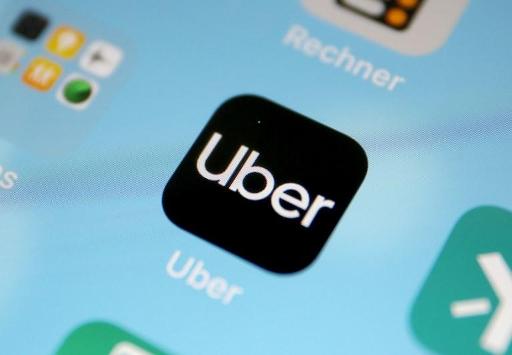More than half of ride hailers in Brussels would be ready to see their bill swell by a few additional cents if it meant they would be getting around on a zero-emissions vehicle, a new survey found.
The new YouGov survey found that 57% of Brussels residents who use taxis or Uber to hail a ride would be willing to pay between €0.15 and €0.20 more, per kilometre, in order to reduce their carbon footprint.
Additionally, the survey found that the same percentage of users were willing to share a ride with someone going in the same direction in order to bring down the cost of the ride.
According to the group, a shared system would bring down the overall number of rides and thereby reduce the impact that vehicles have on the environment.
"Authorities must ensure that LVC [ride-hailing or car-hiring] platforms like Uber become 100% and 50% shared by 2025," the non-profit wrote in a statement.
Current availability of recharging stations for electric vehicles could pose a problem, but Pierre Dornier of Les Chercheurs de l'Air said that more charging stations were "in the pipeline," and that, by 2025, the capacity of the grid "should not be an issue."
Consumer-financed transition
According to Dornier, the survey results are important since they underscore broad consumer support for Uber to implement a scheme similar to the Clean Air Fee already introduced in London.
"It's quite simple, and they're already doing it in London where regulations are stricter," he said. "[Uber] is helping drivers change cars."
Through the scheme in London, the company hiked fares for users, with the money raised then going to a fund to help drivers upgrade to electric vehicles.
"They struck a deal to buy thousands of Nissan Leaf electric cars which they then sell to drivers at a lower price," Dornier explained.
Drivers seeking to benefit from the fee can take part in the program "as soon as they make £1,000," a sum the company said drivers working 40-hour weeks on average can reach within 6 to 12 months.
"On average, a Uber driver changes vehicles every three years," Dornier said, arguing that if the company introduced a similar scheme in Brussels it could transform its fleet in the city to an all-electric one in time for 2025.
Gabriela Galindo
The Brussels Times

